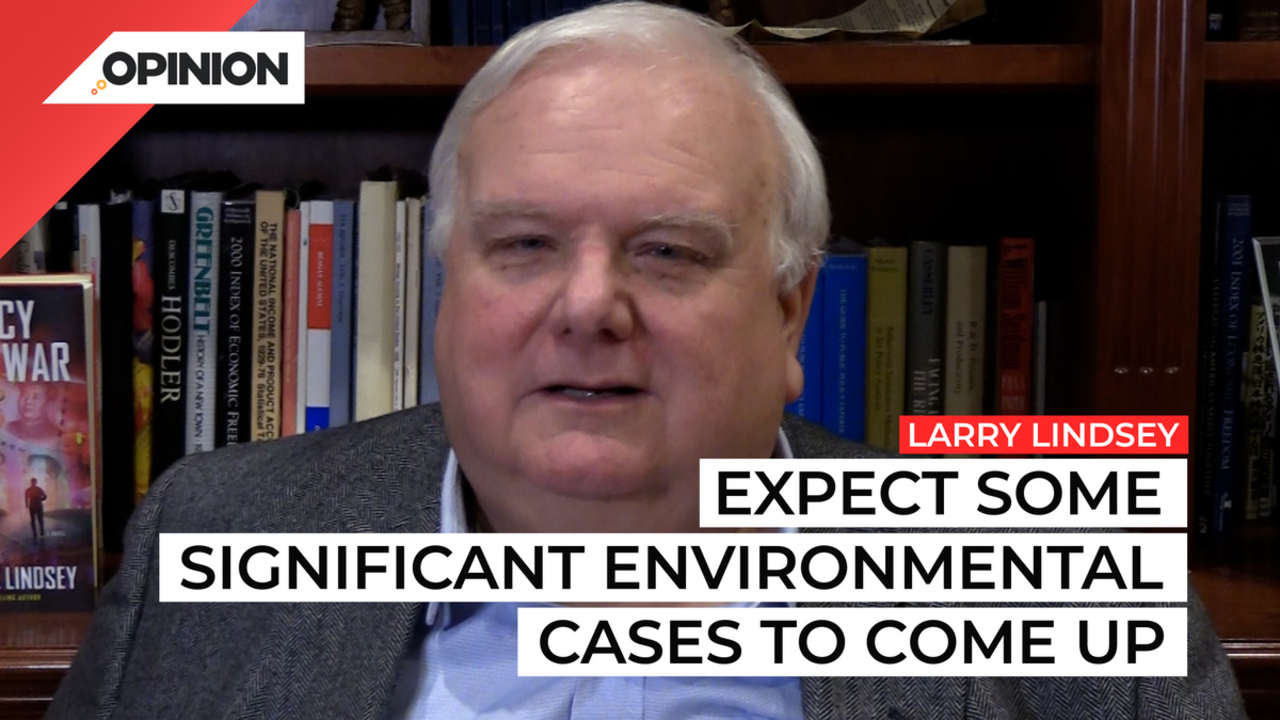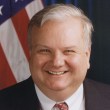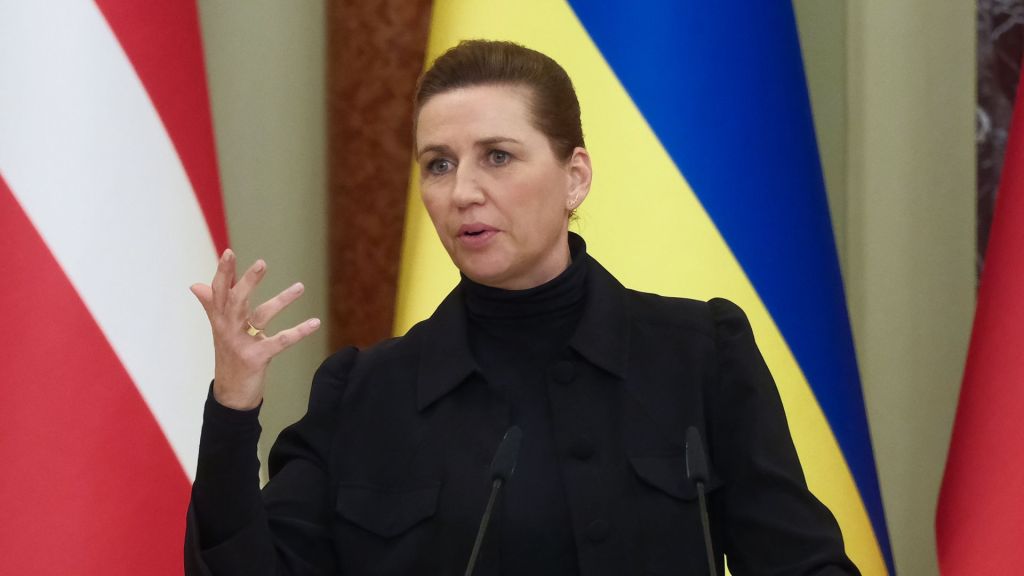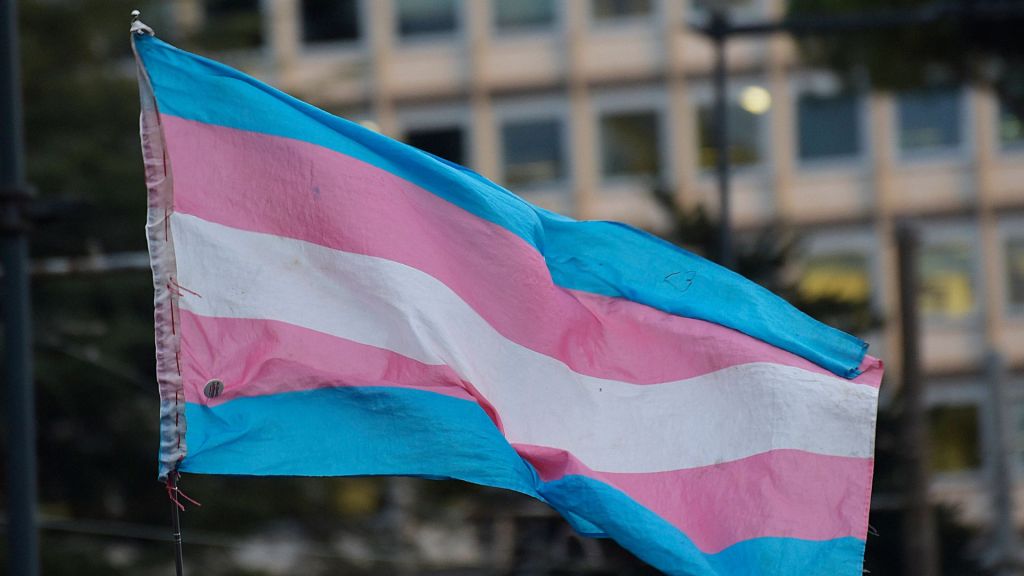
Commentary
-
Our commentary partners will help you reach your own conclusions on complex topics.
It’s another year and the Supreme Court is going to be getting involved in lots of issues, much like it did last year.
Well, the big theme for the Supreme Court is going to be who should make decisions, appointed federal and state agencies, or elected people like the Congress or state legislatures.
Until now, the Supreme Court has tended to grant a lot of deference to independent agencies, a process that started in the 1930s. Now the Supreme Court and other courts are beginning to scratch their heads and say, “Do we really want to give agencies power that no state legislature ever granted them?” Well, let’s look at what’s happening. The model is what happened last year, in a court decision called EPA, Environmental Protection Agency, versus West Virginia. EPA was regulating coal-fired plants in West Virginia. Now, the Clean Air Act does not give EPA the right to regulate carbon dioxide.
They have the right to regulate other things like sulfur oxides, nitrogen oxides, particulates, what have you. But carbon dioxide was explicitly left out of the EPA’s mandate. Now, about 20 years ago, The Supreme Court decided that EPA could regulate CO2 without that authorization. But last year, the court said, no, there are limits to it. If you don’t have legislation authorizing you to do something, you better be careful how you do it.
There’s a similar provision of the case Sackett vs EPA. EPA has decided to regulate wetlands, and has a very broad definition of what a wetland is. It goes along with their regulation of rivers. The EPA law, the Clean Water Act, says you can regulate a navigable body of water, which means pretty much what it says, a body of water you can navigate a boat on. But the EPA has decided that what it really means is any body of water that runs into a body of water that is navigable, which is just about everything. And the EPA faces a case in North Dakota, where the nearest navigable body of water is about 150 miles away from this Christmas tree farm that wanted to expand. Again, a very expansive definition, not granted them by the Congress.
Another case is going to be the review of the student loan forgiveness by the President and specifically by the Department of Education. Now, what does the law say? The law says the education department can change the terms of student loans in the event of war or national emergency. We’re not at war. I’m not exactly sure what the national emergency is. For a while, it was about COVID. And what they did was to extend the terms. But we don’t have a COVID emergency right now. And the courts are going to look at that. One of the more interesting ones is California and pigs. Now a lot of Californians consume pork. But California doesn’t grow many pigs or raise many pigs.
But they passed the law saying that any pork consumed in California, whether it’s produced there or not, the pig has to be raised with at least 24 square feet of its own to romp around it.
Well, I don’t know about the merits of the case. But what’s odd about this is California is not only regulating its own pig farms, but because they consume 15% of the nation’s pork, they’re basically regulating lots of farms, a great majority of farms that are outside California.
And the Supreme Court is going to look at that very closely. And finally in one that has a lot of attention is tech immunity. There are two cases one against Google one against Twitter where
ISIS terrorists used those two platforms in order to recruit and plan a couple of bombings. And the parents of children who were killed in those bombings are suing. Well, it raises something called Section 230. We’ve set up Google and Twitter to be platforms for the free exchange of information. We also want them to be a little bit careful on what gets out there in regards to public safety. And probably ISIS is not in our “we want to let them on the internet” list.
On the other hand, those two firms censored away in the last few years, taking down stories that did not affect public safety at all, simply because they thought they were misinformation or disinformation. Turns out the information was true. And the government was giving us the wrong point of view. But that didn’t stop them from taking it down. In the recent controversy over the Twitter files, which had the government actively involved in censorship, has gotten a lot of attention. So the Supreme Court is now going to be looking a lot at government involvement, whether it is in regulating the environment, its ability to change the terms of student loans, the ability of states to regulate production of other states, and most important the national interest in exactly where do we draw the line on immunity for tech companies? This is Larry Lindsey for Straight Arrow News.
-
Election 2024 will boil down to the Great Lakes states
Pollsters and pundits have been engaged in a long debate about how Biden or Trump might win the 2024 election, with much of their focus spent on the “swing state” electoral battlegrounds. While the winners of Alabama or California may be obvious, for instance, who wins Pennsylvania is a more difficult question. Watch the above… -
Why the Fed should consider Theory of Reflexivity when fixing policy
The Theory of Reflexivity, often used in the context of economics and financial markets, implies that investors don’t base their decisions on reality but on their perceptions of reality. This creates a feedback loop where investors’ perceptions influence economic fundamentals, which in turn alter investor perceptions. Watch the above video as Straight Arrow News contributor… -
Federal Reserve surpassed its own wildest expectations
On May 14, the U.S. Bureau of Labor Statistics released the most current producer price index (PPI) report, which showed an increase of 0.5% month-over-month in April. After the report’s release, U.S. Federal Reserve chairman Jerome “Jay” Powell said that while he believes the current policy rate is restrictive by many measures, the Fed needs… -
Polls give slight advantage to Trump in Electoral College
With the U.S. general election only six months away, leading candidates President Joe Biden and former President Donald Trump appear to be engaged in a very close contest. In their 2020 race, the winner of the Electoral College was ultimately determined by a relative handful of voters in just a few swing states, even though… -
College sports is big money but not everyone benefits
March Madness has wrapped up and Caitlin Clark has emerged as a household name as well as a wealthy student athlete. Earning over $3 million throughout her college career, her success stands in stark contrast to the previous notion that collegiate athletes shouldn’t earn anything beyond their scholarship. Straight Arrow News contributor Larry Lindsey examines…
Latest Opinions
-
 Getty Images
Getty Images
USPS resumes shipments from China, Hong Kong after brief suspension
-
 Getty Images
Getty Images
Sweden sees worst mass shooting in nation’s history; 11 dead
-
 Reuters
Reuters
First migrant flight lands at Guantánamo Bay
-
 Reuters
Reuters
Trump proposes US ‘take over’ Gaza strip
-
 No Fallen Heroes
No Fallen Heroes
Exploring the role of psychedelics in healing PTSD among veterans: Weapons and Warfare
Popular Opinions
-
In addition to the facts, we believe it’s vital to hear perspectives from all sides of the political spectrum.






